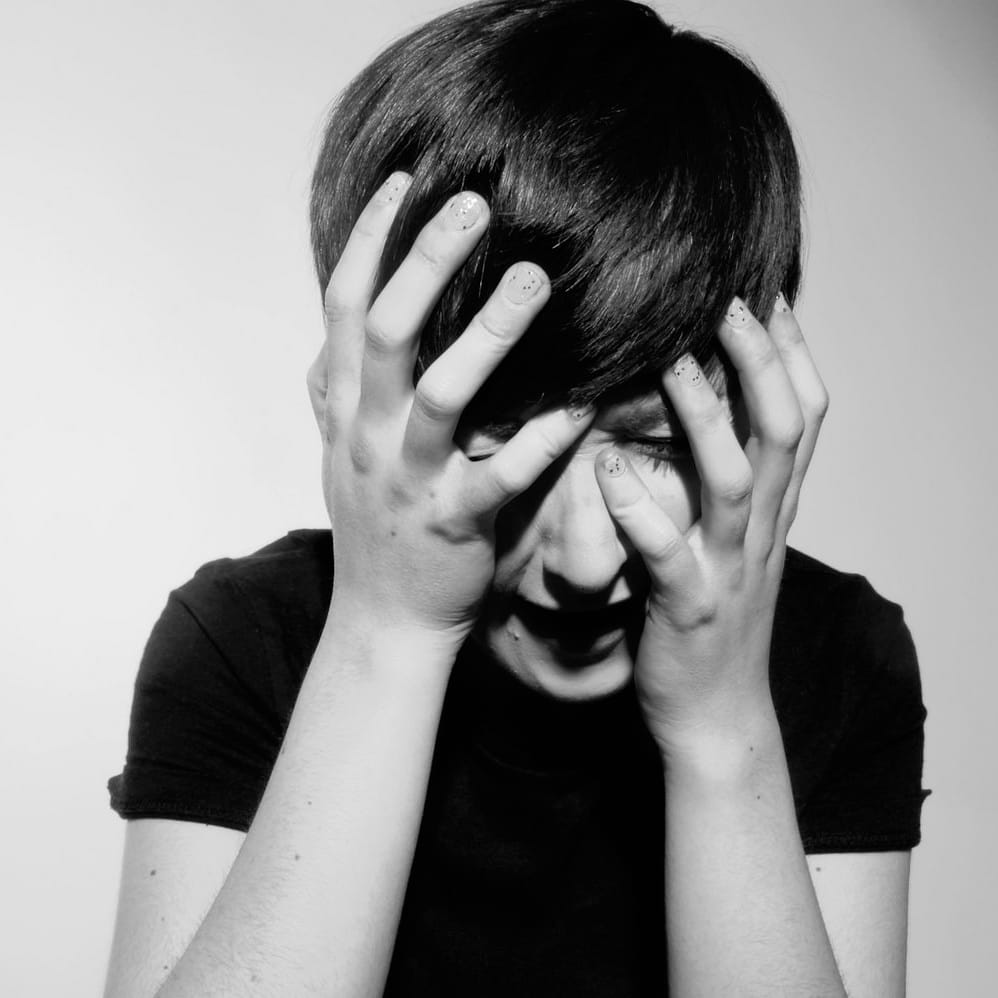First-aid course prevents and treats mental health problems
A mental health first-aid course helps improve mental health literacy and teach first-aid procedures for people with or who are in a crisis of mental illness.

By SUNNY LIU
Imagine this: you are in class and suddenly a classmate collapses to the floor with a heart attack.
Someone in the room probably knows how to provide first aid – keep the patient calm, loosen tight clothing or perform CPR after calling 000.
But what if the person was having a panic attack?
Early preventions and emergency treatments for mental illness are lacking, and people do not have much knowledge of first-aid assistance for mental health problems.

The Mental Health First Aid (MHFA) training course has been designed to improve mental health literacy. It also teaches how to provide first-aid assistance to people on the verge of a mental health problem and challenge the stigma around mental illness by equating it to physical illness.
Approximately one in every five Australians experiences mental illness, making it the third leading cause of disability burden in Australia.
Psychologist Gabriella Quadara, also a lecturer in the School of Psychological Sciences at Monash University, said mental health was “exceptionally important” but many people were reluctant to seek help because they did not want to appear different.
“Seeking help appears as an admission of not being able to cope or not being in control. Mental health issues still hold a high level of stigmatism and labelling,” she said.
MHFA encourages people to actively detect early signs of mental illness in others and find professional help for effective treatment, so people in a crisis of developing a mental illness can get assistance without having to speak out loud about their conditions.
Mental Health First Aid Australia deputy CEO Nataly Bovopoulos said mental health was “exceptionally important” but many people were reluctant to seek help because they did not want to appear different.

“Some studies have shown improved mental health in those who attend the training decreases in stigmatising attitudes, and increases in the amount and type of support provided to others,” she said.
Last year, MHFA Australia launched an initiative to recognise and reward workplaces that had embraced the first-aid program for their employees.
State police, universities, churches and companies are among the organisations that have adopted the MHFA program.
Ms Bovopoulos said the founders of MHFA hoped it would become a mandatory certification for professions in human services, like physical first-aid.
“This will ensure that the skills to assist people with mental health problems will spread beyond mental health professionals,” she said.
The course has more than 1000 accredited instructors who run 3000 MHFA courses in Australia each year. One million people worldwide have received the training since 2001.
This early-intervention program has been adopted by 20 countries, including Canada, Denmark, the UK, Japan, New Zealand and the US.





